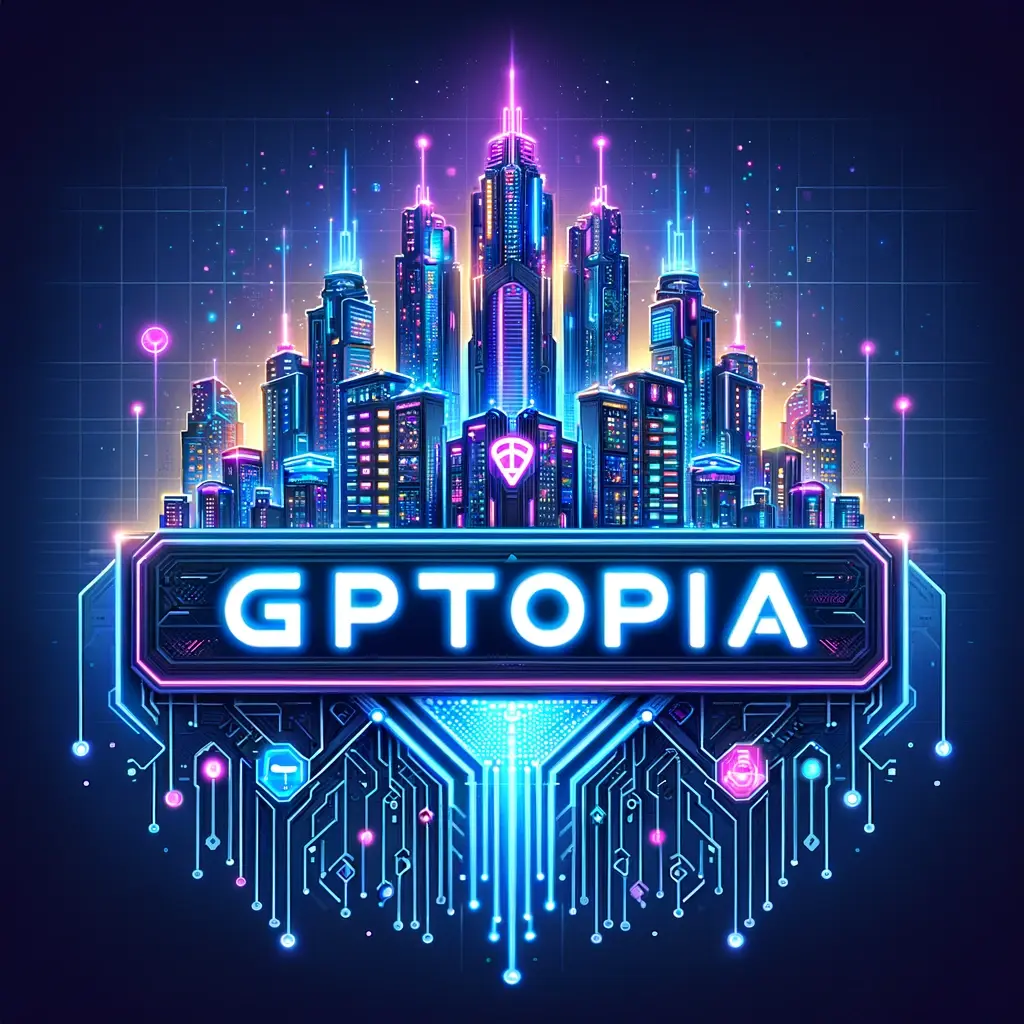complete article index can be found at
https://ideabrella.com/papers/articles
AI That Can Hear Itself: The Next Leap in Voice Technology
The Missing Feedback Loop in AI Voice Agents
AI That Can Hear Itself: The Next Leap in Voice Technology
AI voice assistants have become a staple of modern technology, from customer service chatbots to virtual assistants like Siri and Alexa. However, these systems have a fundamental limitation: they cannot hear their own voices the way humans do. Unlike a human speaker who listens, self-corrects, and modulates their speech in real time, current AI voice models generate audio output without auditory self-awareness.
This missing feedback loop has kept AI from achieving truly natural and context-aware speech. However, researchers are now developing AI systems that can listen to their own output, analyze the quality, and improve speech dynamics in real time. This shift could revolutionize not only AI assistants but also voice acting, language learning, and even AI-generated music.
By enabling AI to self-monitor and adjust, developers can create interactive voice agents that evolve dynamically, adapting to tone, emotion, and environmental factors. This advancement paves the way for AI with personality, allowing voice models to develop unique speech styles tailored to specific user preferences.
How AI Could Benefit from Self-Listening
When humans speak, we naturally adjust based on what we hear—whether that’s fixing a mispronunciation, changing tone, or emphasizing certain words for clarity. AI voice agents, on the other hand, simply output pre-generated speech without analyzing its effectiveness. Enabling AI to hear itself could lead to significant improvements in:
Pronunciation accuracy – AI could detect and self-correct mispronunciations in real time.
Emotional nuance – AI could recognize whether its tone sounds robotic and adjust for warmth, urgency, or calmness.
Context adaptation – AI could hear if it’s speaking too fast, too slow, or if background noise is interfering, and adjust accordingly.
Conversational flow – By listening to its own speech, AI could improve pacing and detect awkward pauses or unnatural intonation.
Personalized voices – AI could analyze a user’s preferred vocal style and adjust its tone accordingly, creating a tailored listening experience.
The result? AI that sounds more human and feels more natural in conversation, making interactions more fluid and engaging. This improvement would extend beyond virtual assistants, transforming automated narration, customer service interactions, and even AI-hosted podcasts.
Teaching AI to Sing: The Next Evolution in Vocal Intelligence
Beyond speech, AI-generated singing is emerging as a groundbreaking application of voice AI. Unlike standard text-to-speech models, AI singing engines need to master pitch, tone, rhythm, and emotional delivery. Singing is inherently more complex than speaking, making it an ultimate test for AI’s ability to generate expressive vocalizations.
An Example of AI Singing Instructions
One technique to train AI singers involves extending vowels for sustained notes and modifying pitch inflection. For instance, the following transformation could help AI simulate human-like singing:
Original text: “I will always love you”
AI singing transformation: “I wiiIILL aaAAAlways loOOOve yoooOUUU”
By tripling vowels and capitalizing the middle letter for pitch inflection, AI can emphasize emotion and simulate vibrato. AI models trained on various vocal styles can then dynamically adjust for pop, opera, rap, or even experimental genres.
In addition, AI-powered singing assistants could allow users to customize vocal texture, modifying tone, range, and pitch precision to create entirely unique AI-generated voices. This could lead to AI musicians performing in virtual concerts, personalized audio experiences, and even AI-generated duets with real human singers.
AI Singing in Different Environments
1. AI Performing Opera
AI-generated voices trained in classical music could recreate the complexity of opera, complete with vibrato, deep resonance, and dynamic range. Advanced AI models would analyze vocal techniques from legendary performers and replicate rich, expressive performances.
2. AI Rapping in Real-Time
Modern AI music models can generate and deliver rap verses with complex rhyme schemes, adaptive speed control, and lyrical improvisation, matching the beats in real time. AI could also learn from human freestyle rappers, adjusting its wordplay, tempo, and flow to mimic natural rap delivery.
3. AI Singing in a Stadium Performance
With AI-powered vocalists, massive digital concerts could feature AI singers performing in holographic or virtual reality environments, engaging with audiences in entirely new ways. AI-generated voices could be customized for individual users, creating an interactive music experience that feels personal and immersive.
4. AI-Assisted Music Creation
Beyond performance, AI with self-listening capabilities could help musicians refine vocal recordings, suggesting improvements in pitch, tone, and vibrato. This could make AI an essential collaborator in studio production, live performances, and songwriting.
The Implications of Self-Listening AI
Giving AI the ability to hear and adjust its own voice in real time opens up entirely new possibilities:
1. More Human-Like Virtual Assistants
AI voice assistants could finally respond like real humans, adjusting their tone, emphasis, and energy level based on the conversation’s context. This could lead to AI companions that express genuine-sounding empathy and engagement.
2. Hyper-Realistic AI Voice Actors
Hollywood and video game studios could use AI-generated voice actors with real-time feedback loops, allowing for expressive, emotionally rich performances. AI-generated characters could match an actor’s voice or generate entirely original voices with dynamic personality shifts.
3. AI-Enhanced Speech Therapy
Self-listening AI could be used to help people refine their pronunciation, speech rhythm, and articulation, aiding language learners and individuals with speech disorders. AI could adjust in real-time, offering personalized guidance to each user.
4. AI-Powered Singing Tutors
Singing AI models could be used in music education, offering real-time feedback on pitch, vibrato, and vocal control. AI-based tools could allow singers to practice with an AI that adapts to their skill level, providing precise vocal coaching.
5. AI-Generated Custom Voices for Every User
Self-listening AI could allow users to design their own AI voice, adjusting timbre, pitch, and cadence to create a completely unique vocal identity. This could revolutionize podcasting, narration, and personal voice assistants.
The Future: AI That Listens Like a Human
As AI advances, self-listening voice agents could become indistinguishable from human voices, dynamically adapting in ways that feel truly alive. The ability to hear itself is just the beginning, eventually, AI could predict listener reactions, adjust for social cues, and even develop its own unique vocal style.
Imagine AI singers performing in real-time with a live band, adapting their performance based on audience reactions. Envision an AI assistant that understands human emotions and responds with a matching tone. These advancements suggest that AI voice technology is not just evolving, it is redefining how we experience sound.
The question is no longer if AI will master speech and singing, it’s how soon. And when it does, we may be listening to AI voices so real, we forget they’re artificial.









